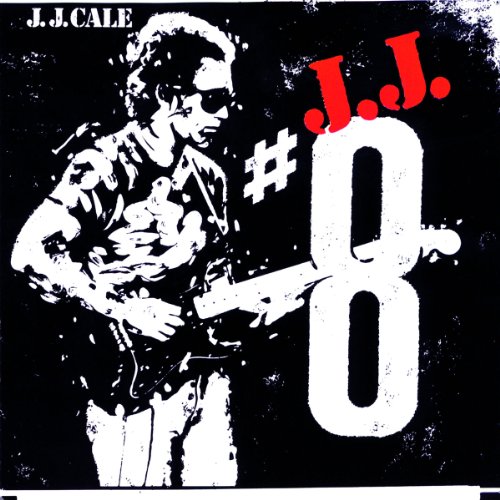What are you listening to and WHY might anyone be interested? (Vol.IX)
Posted by: Richard Dane on 01 January 2013
With 2013 upon us, it's time to start a fresh thread. I've gone back to an earlier thread title because often the "why" is the most interesting part of the post.
Anyway, links:
Volume VIII: https://forums.naimaudio.com/di...nt/12970396056050819
Volume VII: https://forums.naimaudio.com/di...6878604287751/page/1
Volume VI: https://forums.naimaudio.com/di...ent/1566878604097229
Volume V: https://forums.naimaudio.com/di...ent/1566878605140495
Volume IV: https://forums.naimaudio.com/di...ent/1566878605795042
Volume III: https://forums.naimaudio.com/di...ent/1566878607309474
Volume II: https://forums.naimaudio.com/di...ent/1566878606245043
Volume I: https://forums.naimaudio.com/di...ent/1566878607464290

Original vinyl bought at the market yesterday. I like it.
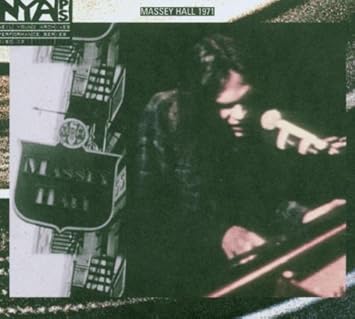
Neil in good voice...

Joan Armatrading - Show Some Emotion
More Scott:


Some quiet Sunday listening. Every time I listen I remember how good it is.

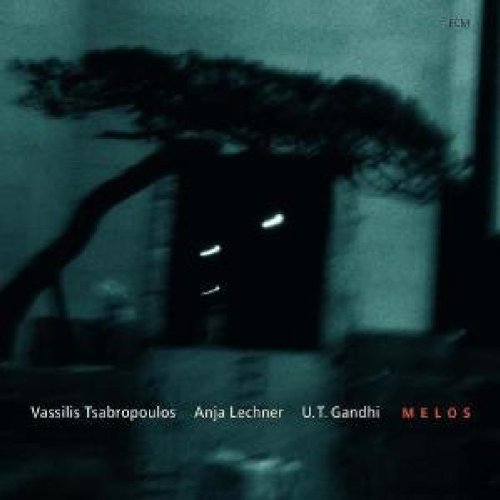
Pleasent music.

Joe Cocker - Sheffield Steel
Some quiet Sunday listening. Every time I listen I remember how good it is.

Great album think I will listen to that myself later today......Good choice

Some fine Herb Ellis playing here. G
Some quiet Sunday listening. Every time I listen I remember how good it is.

Great album think I will listen to that myself later today......Good choice
Just finished listening to it myself.
Classic Records 1997 vinyl press...
Because I fancied some drum action:

Johann Sebastian Bach: Jeremy Denk (Piano)
With any classical music interpretation, there is always an infinite amount of choices and results and this is how it should but no music stands out more than the music of J. S. Bach for its ingenuity and cleverness that resembles mathematical puzzles. In musical terms, it is a puzzle that we constantly keep aiming to solve yet we never will entirely solve. There are stages where after hard work we'll think this is it but it is merely a stopping point after unlocking a step in learning something significant.
In my own life, (and this does apply to all music but Bach is the supreme example), it is much like starting out as an 8 year old solving a 2 x 2 Rubik's Cube. Much happiness and pride abounds as you pat yourself on the back like you have arrived at the apex of knowledge and wisdom. The ignorance is bliss aura continues on through the teenage years with much bravura. After this point there is a fork in the road. Turn one way and you continue on and continue not to grow for the remainder of your life (as you foolishly think you have arrived and there is no further to go). The other way you you start to question things and begin to realize after learning more and more just how little you really know. So you are in your twenties and can solve a 5 x 5 Rubik's cube and understand the potential for the unfathomable number of combinations. In humbleness you aren't cocky about it as you understand that next is 6 x6 and then a 7 x 7 etc. It may take you two decades to figure out the next step in the puzzle. The main thing is that you need to work at growing your understanding and knowledge.
One of the things I appreciate about Jeremy Denk is that I get this sense of awe and inspiration that he is trying to relay. It's like he is saying, "hey look guys what I found" and he is just sharing his joy of the music by casting light in different directions (as he sees it at this point in time). So, equally, at the point in time where I am with this music, I get a sense of playfulness at times, at other times a strong sense of rhythm and just the joy and danceability of the music. The thread that holds it all together though is the counterpoint and here is where Denk is also very strong in leading the listener through this journey with utter clarity. All together, it just seems so natural and makes perfect sense to me.
The E minor partita is just such a fantastic piece of music. Such strength and complexity and resolve.
As the backdrop to the football

Immediate vinyl 1969. Humble Pie 'Town and Country'
Johann Sebastian Bach: Hansjörg Albrecht (Organ - St. Cyriac in Krefeld-Hüls, Germany)
In a practical sense of both the listener and a player, I still prefer much of the keyboard music of Bach and the Partitas in particular, on a warm, rich sounding grand piano. But I'm always open to other possibilities and in fact I think it is good to have exposure to many different ways of hearing the music. In this case, it is in the form of Organ Arrangements.
Bach shared much of his music with his family and students so those in the loop were already well aware of what was going on (like the WTC etc.). What is interesting though is how this recording identifies the Partitas correctly for what they were. That is, the "Clavier-Übung" Part I.
Clavier-Übung roughly means keyboard exercises (or keyboard practice or training). The part I (or Opus. 1) means that this is Bach's actual first official published work (as opposed to unofficial distribution of his music as noted above).
Clavier-Übung II contained the Italian Concerto (BWV 971), the Overture in the French Style, (BWV 831). Clavier-Übung III contained various Organ Works and Clavier-Übung IV contained a set of variations. Though not labeled as such at the time these later became known as the Goldberg Variation (BWV 988).
That maybe two decades of music preceded the Clavier-Übung I (Partitas) shows that Bach was probably quite proud of this pieces to specifically make them his first official published keyboard works. In fact, of similar works, the French Suites probably and then the English Suites probably preceded the Partitas.
These pianoforte works were created like all of Bach's keyboard works and that is to give a "pleasurable diversion." Bach trained his students with the explicit mandate "to acquire primarily a cantabile style of playing." Thus, this music is to be brought to life by and so it is understood that it therefore requires an extraordinarily elastic and expressive touch.
Fascinating music however you look at it.

On vinyl:-

Richard Thompson - Amnesia
Gautier Capuçon (Cello), Frank Braley (Piano),
Franz Schubert: Sonata in A major for arpeggione and piano, Arpeggione D. 821
Robert Schumann: 5 Stücke im Volkston op. 102 for Cello & Piano
Claude Debussy: Sonate for Cello and Piano in D major
Benjamin Britten: Sonate C major, op. 65 for Cello and Piano
Of course the Schubert, Schumann, and Debussy is at the heart of why I needed this recording. All three of these works I am quite fond of and so I could not find any fault here as the music itself is what attracts me. The Debussy is a work though that I only have become quite familiar with over the last several months as I am trying to learn this piece. I'm beginning to make more sense of it and am understanding that this piece is all about he cello mostly. Ultimately, this means that the better the cellist the better the outcome. In this recording, we have two top notch musicians and the record is recorded quite nicely as well.
The Britten may grow on me after more work and more listening but at this point is also new to me.


This was the first album that I heard on an LP12 - it sounds a lot better now
On vinyl:-
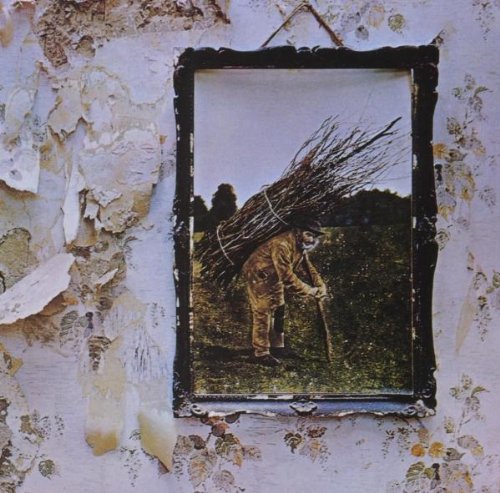

On vinyl:-
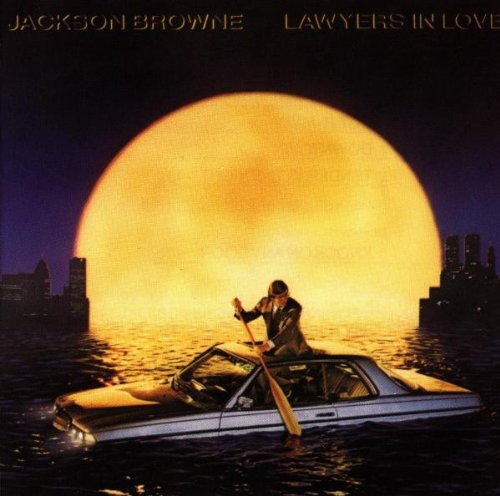
Jackson Browne - Lawyers in Love
On vinyl:-
